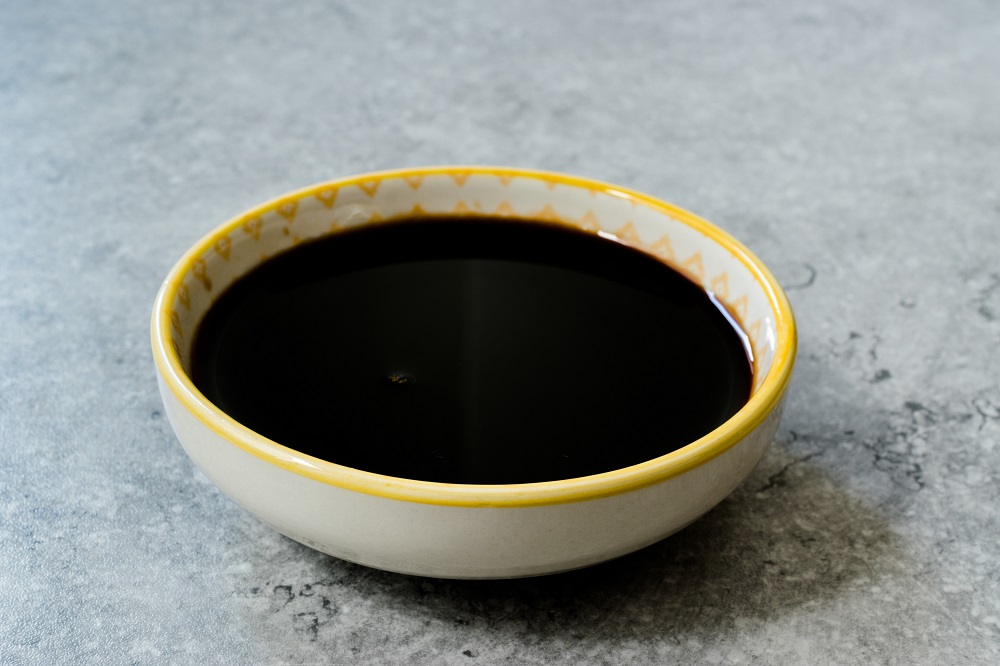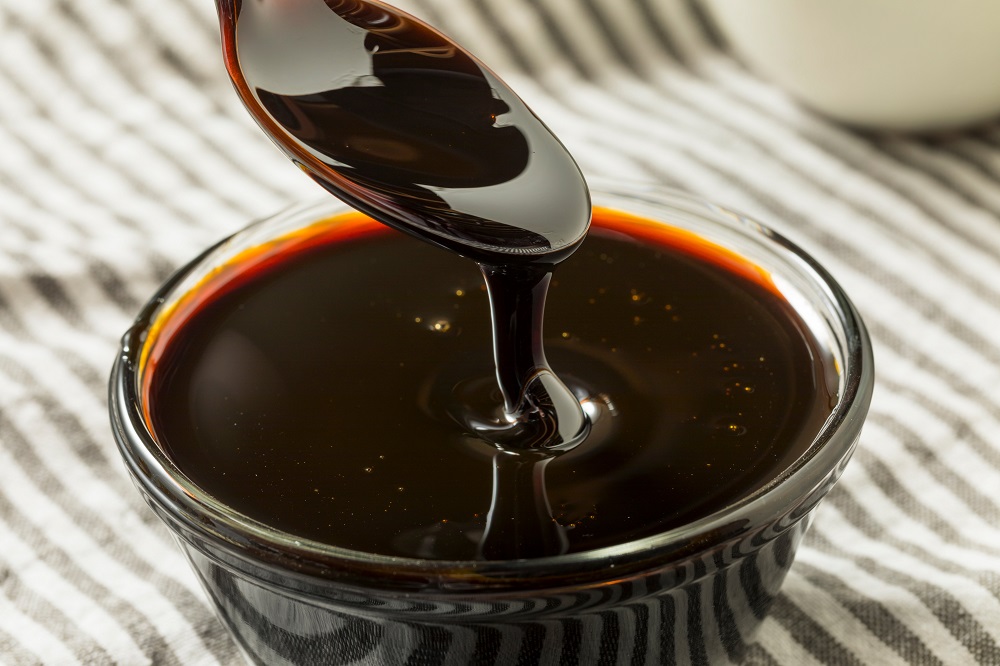Understanding the shelf life of molasses is crucial for anyone who uses it regularly in cooking or baking. Molasses, a thick syrup derived from refining sugarcane or sugar beets, is a versatile ingredient with a rich, robust flavor. Whether you're a home cook, a professional chef, or simply curious about pantry staples, knowing how long molasses lasts and how to store it properly can help you make the most of this sweetener.
Molasses is not just a sweetener; it's also a key ingredient in many recipes, from gingerbread cookies to barbecue sauces. Its unique taste and texture make it an irreplaceable component in various dishes. However, its longevity depends on factors such as storage conditions, the type of molasses, and how it's handled after opening.
This article will delve into the shelf life of molasses, offering practical tips and expert advice to ensure your molasses remains fresh and usable for as long as possible. Whether you're a beginner or an experienced cook, this guide will provide all the information you need to maximize the lifespan of your molasses.
Read also:Duncannon Supply Co Your Ultimate Source For Highquality Tools And Supplies
Table of Contents
- What is Molasses?
- Types of Molasses
- How Long Will Molasses Last?
- Storage Tips for Molasses
- Signs Molasses Has Gone Bad
- Health Benefits of Molasses
- Cooking with Molasses
- Substitutes for Molasses
- Frequently Asked Questions
- Conclusion
What is Molasses?
Molasses is a thick, dark, sweet syrup that is a byproduct of refining sugarcane or sugar beets into sugar. It has been a staple in kitchens around the world for centuries, valued for its deep flavor and versatility. The process of making molasses involves boiling down the juice of sugarcane or sugar beets, resulting in a concentrated syrup.
History of Molasses
Molasses has a rich history dating back to the colonial era when it was one of the most traded goods. It played a significant role in the triangular trade, where molasses was shipped from the Caribbean to New England to be made into rum. Today, molasses remains a popular ingredient, especially in baking and cooking.
How Molasses is Made
The production of molasses involves several steps. Initially, sugarcane or sugar beets are crushed to extract their juice. This juice is then boiled to concentrate it, forming sugar crystals. The syrup left after the sugar crystals are removed is molasses. Depending on how many times the juice is boiled, different types of molasses are produced.
Types of Molasses
Not all molasses is created equal. There are several types, each with its own unique characteristics:
Read also:Discover The Ultimate Guide To Plaza Pizza Newport New Hampshire
- Light Molasses: This is the molasses produced from the first boiling of the sugarcane juice. It is the sweetest and lightest in color.
- Dark Molasses: This type comes from the second boiling and is darker, thicker, and less sweet than light molasses.
- Blackstrap Molasses: The result of the third boiling, blackstrap molasses is the darkest, thickest, and least sweet. It is also the most nutritious.
- Sulfured and Unsulfured Molasses: Sulfured molasses is treated with sulfur dioxide as a preservative, while unsulfured molasses is not. Unsulfured molasses is generally considered to have a purer flavor.
How Long Will Molasses Last?
One of the most common questions about molasses is how long it will last. The shelf life of molasses can vary depending on several factors, but generally, it has an impressive longevity.
Unopened Molasses
Unopened molasses can last for years, often beyond its "best by" date. While the quality might decline slightly over time, it remains safe to consume. Always check for any signs of spoilage before using it.
Opened Molasses
Once opened, molasses can last for about 1-2 years if stored properly. The key is maintaining proper storage conditions to prevent degradation.
Storage Tips for Molasses
Proper storage is essential to ensure molasses retains its quality and flavor for as long as possible. Here are some tips:
- Seal the Container: Always keep the container tightly sealed to prevent air from entering, which can cause the molasses to dry out or spoil.
- Store in a Cool, Dark Place: Molasses should be stored in a cool, dark pantry or cupboard away from direct sunlight and heat sources.
- Refrigeration: For extended shelf life, especially after opening, consider refrigerating molasses. It will thicken but can be warmed slightly to restore its consistency.
Signs Molasses Has Gone Bad
While molasses has a long shelf life, it can eventually spoil. Here are some signs to look out for:
- Off Smell: If the molasses has a sour or rancid smell, it's likely gone bad.
- Change in Color: A significant change in color, such as becoming darker or developing mold, is a clear indication of spoilage.
- Unusual Texture: If the molasses has become excessively thick or has developed a strange texture, it might be time to discard it.
Health Benefits of Molasses
Beyond its culinary uses, molasses offers several health benefits:
Nutrient-Rich
Molasses, particularly blackstrap molasses, is rich in essential minerals like iron, calcium, magnesium, and potassium. These nutrients contribute to overall health and well-being.
Antioxidant Properties
Molasses contains antioxidants that help combat free radicals in the body, reducing the risk of chronic diseases.
Cooking with Molasses
Molasses is a versatile ingredient that can enhance the flavor of many dishes:
- Baking: Use molasses in recipes for gingerbread, cookies, and cakes for a rich, deep flavor.
- Sauces and Marinades: Add molasses to barbecue sauces or marinades for a sweet and tangy taste.
- Drinks: Molasses can be used in cocktails or non-alcoholic beverages for a unique twist.
Substitutes for Molasses
If you run out of molasses, there are several substitutes you can use:
- Honey: A natural sweetener with a similar consistency.
- Maple Syrup: Offers a similar sweetness and can work well in baking.
- Brown Sugar: Can be used in recipes that call for molasses, though it won't provide the same depth of flavor.
Frequently Asked Questions
Q: Can molasses expire?
A: While molasses has a long shelf life, it can eventually expire. Always check for signs of spoilage before using it.
Q: How should I store molasses?
A: Store molasses in a cool, dark place, and keep the container tightly sealed. Refrigeration can extend its shelf life.
Conclusion
Understanding how long molasses will last and how to store it properly can significantly enhance your cooking experience. Molasses is not only a delicious ingredient but also a nutritious one, offering various health benefits. By following the storage tips and recognizing signs of spoilage, you can ensure your molasses remains fresh and usable for a long time.
We encourage you to share your thoughts and experiences in the comments section below. If you found this article helpful, please consider sharing it with others. For more informative content, explore our other articles on culinary topics and kitchen essentials.


